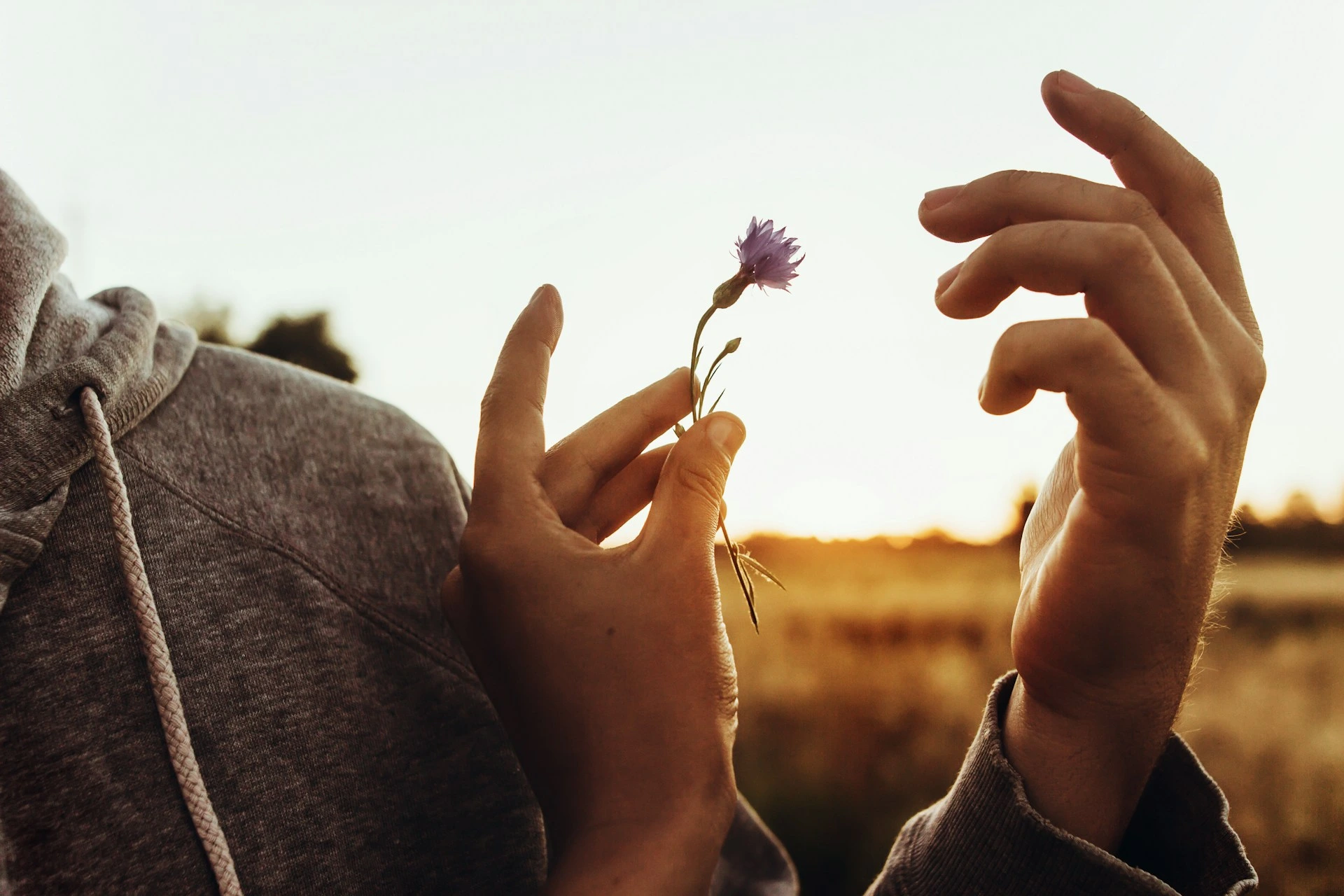Most of us have seen Maslow’s hierarchy of needs: a pyramid that begins with food, water, and shelter, then rises through safety, belonging, esteem, and self-actualization. It’s often presented as a solitary climb — as though the individual must first secure survival before seeking connection. It implies that resilience is an innate trait rather than a state influenced by our environment and social context.
But the roots of survival-and therefore resilience-are inherently relational. Our very survival is never achieved alone, and our ability to thrive depends on the interconnectedness of our lives.
From the very beginning, life depends on relationships. As infants, we cannot feed ourselves, regulate our bodies, or keep ourselves safe. We live only because another person is committed to caring for us. Far from being a stage we outgrow, this reality points to something fundamental about human development and survival: we are wired for connection.
Even in adulthood, our most basic needs remain inseparable from social systems and structures.
- Food is grown, transported, and made accessible through countless networks of labor and cooperation. The mere act of solo gardening connects us to the natural world around us.
- Water is distributed through political, ecological, and communal infrastructure. Water is a basic building block of life, connecting and transporting molecules, goods, and people across time and space.
- Shelter exists because of builders, economies, and communities that work together. Moreover, we often reside in homes with immediate family, extended kin, friends, and people we share tasks or purpose with.
We cannot meet these needs in isolation. Our survival is always interdependent.
This perspective shifts how we read the pyramid. Belonging isn’t a luxury reserved for higher levels of development — it is embedded in the foundation. To eat, to drink, to sleep under a roof already requires relationship, cooperation, and trust in systems that hold us.
When we recognize this, resilience is no longer defined by radical independence. Instead, it emerges from the networks of support that sustain us. Flourishing becomes less about climbing toward self-actualization alone and more about deepening awareness of our interdependence.
Recommended Reading: Deepening Connection
If you’d like to explore how connection and relationship shape our well-being, here are some powerful books:
On Belonging & Human Connection
- The Art of Gathering by Priya Parker — how intentional gatherings foster true connection.
- Belonging: The Science of Creating Connection and Bridging Divides by Geoffrey L. Cohen — blending psychology and social science on belonging.
- Together: The Healing Power of Human Connection in a Sometimes Lonely World by Vivek H. Murthy — written by the former U.S. Surgeon General on loneliness as a public health crisis.
- Greater Good Science Center, UC Berkeley — research-based articles on belonging, gratitude, awe, and social connection.
- The Belonging Project — insights on belonging from the Othering & Belonging Institute.
- The Atlantic: “The Lethality of Loneliness” — on loneliness as a public health issue.
On Attachment & Relationships
- Attached by Amir Levine & Rachel Heller — a practical guide to adult attachment styles.
- Attachment Project — accessible articles and resources on attachment styles.
- Hold Me Tight by Dr. Sue Johnson — Emotionally Focused Therapy and secure bonding in couples.
- ICEEFT — Emotionally Focused Therapy resources, including Sue Johnson’s research.
- Polysecure by Jessica Fern — integrating attachment theory with consensual non-monogamy.
On Community & Systems
- Bowling Alone by Robert Putnam — how social capital and community networks shape our lives.
- Palaces for the People by Eric Klinenberg — why public spaces are vital for resilience and democracy.
- The Social Instinct by Nichola Raihani — evolutionary and scientific insights into cooperation.
- Urban Institute — articles on housing, systems, and community well-being.
- World Health Organization: Social Determinants of Health — global perspective on how systems shape basic needs.
On Wholeness & Belonging to Ourselves
- The Gifts of Imperfection by Brené Brown — cultivating courage, compassion, and connection.
- Radical Belonging by Lindo Bacon — on identity, systems of oppression, and cultivating inclusion.
- Women Who Run with the Wolves by Clarissa Pinkola Estés — stories and myths as pathways to deep connection.
Self-Reflection Exercise
Pause and notice the web that sustains you today. Look for threads of connection and belonging.
